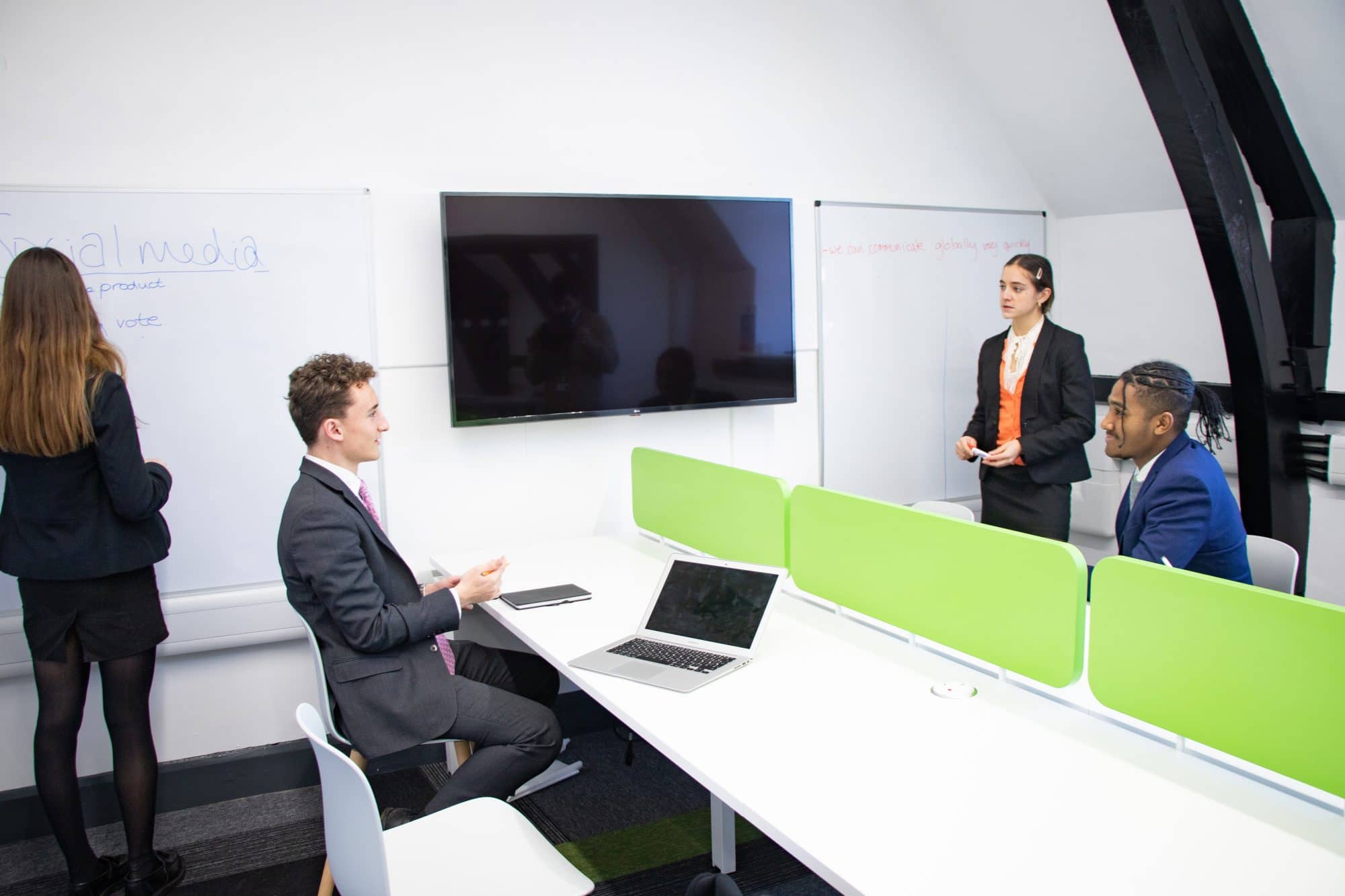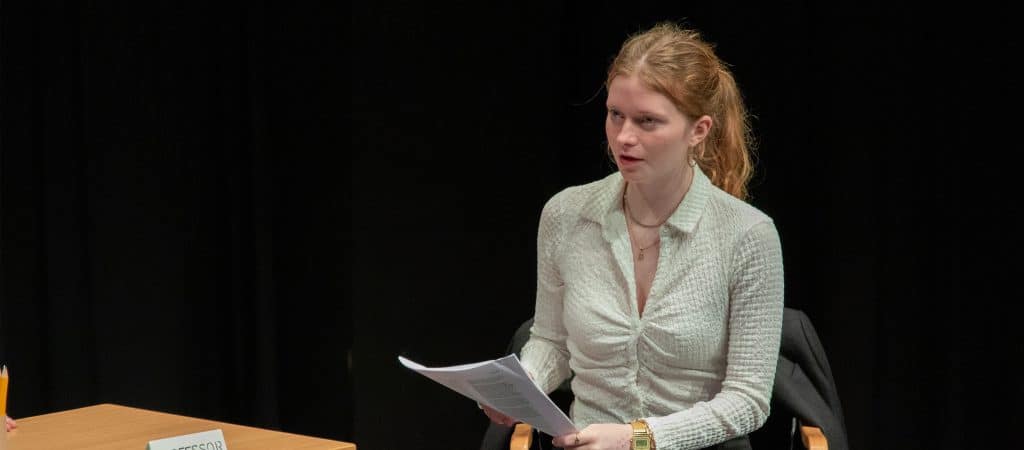Running the school newspaper at that time saw me chasing pupils to finish articles and spending interminable hours editing copy and mastering desktop publishing software when it replaced literal ‘cut and paste’. Why, I sometimes found myself wondering, was I losing sleep over this, especially when the publication was an internal one primarily for the pupils?
If only I had visited Horace Mann school sooner because I would have realised there was another way. The impressive pupil who many years later showed me round her New York school explained that she was a bit jaded after a very late night, as she was ‘not going to be the first editor in living memory to be late to press’ with the school newspaper. The moral was obvious: leave the pupils to it.
Why do we sometimes find ourselves doing things our pupils could do just as well, if not better, or at the very least could learn from attempting? What are the causes of this missed opportunity and potential deskilling of our charges? Is it because we see our role as producers and directors and the pupils as performers? Is it a result of high expectations in our schools: are we wary of ‘failure’? Is it because it’s often easier and quicker to do something yourself?
Of course, if we expected pupils to direct their own plays, organise their own societies, edit their publications, arrange their fixtures and more besides, there would be downsides (albeit less chaos than we might fear). Crucially, pupils would lose opportunities to benefit from the example and inspiration of trained experts as well as some of the precious time they can devote to doing activities organised for them. We should ask, however, whether we have got the balance right in terms of preparing young people for their future. Enabling them to lead more of their own activities might realise their potential more fully.
This was the origin of the introduction of an annual ‘pupil takeover day’ at Bradfield College, where the variety of activities and the dedication of the staff were immediately apparent when I joined the school. How many of these could the pupils run, I wondered? The principle behind the day was to allow pupils to grasp opportunities not ordinarily available to them, ranging from leading lessons, coaching sports, and preaching in Chapel to chairing staff meetings, answering phones in Reception, and even speaking in my place at an alumni event that happened to fall that day (superbly, I should add).






